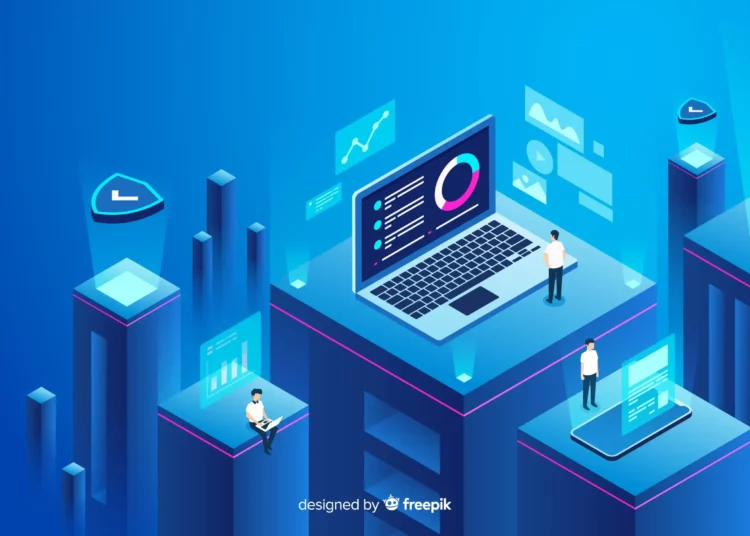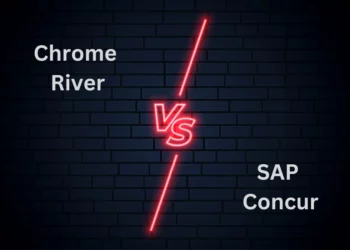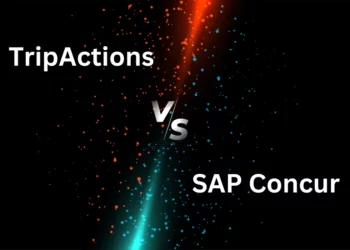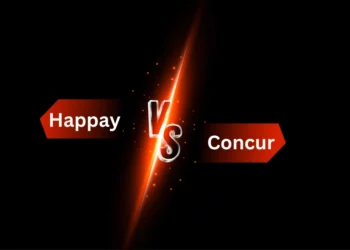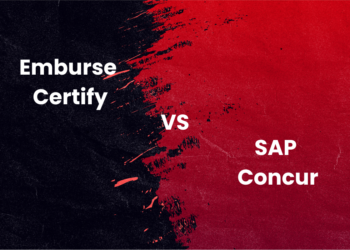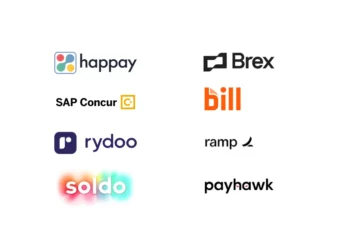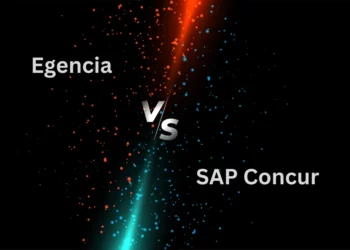Table of Contents
- Introduction
- What is CRM?
- What is ERP?
- Benefits of CRM
- Benefits of ERP
- Differences: CRM vs ERP
- Do I need both CRM and ERP?
- Can ERP replace CRM?
- ROI of CRM vs ROI of ERP
- Integration of CRM with ERP
- Conclusion
Introduction
Automated and streamlined processes are a priority for businesses that have long been implementing various software solutions. Various types of these systems exist, with various features and functionalities. Enterprise resource planning (ERP) and Customer Relationship Management (CRM) are two such software solutions that are often pitted against each other, but the truth is that they are pretty different.
Every business is different and therefore has different needs. Understanding the distinction between ERP and CRM software is essential to making an informed decision about which system is right for your business. This article will explore the differences between ERP and CRM to make an informed decision about which system is right for your business.
What is CRM?
Customer Relationship Management (CRM) involves managing all of your company’s interactions and relationships with clients and prospects. CRM aims to help you improve relationships with customers, bring in new customers, and keep track of your customer history. It focuses on managing a company’s interactions with current and potential customers.
CRM systems are designed to manage customer data. They can track customer interactions, details, and histories. It drives sales, marketing, and customer service. CRM systems often integrate with other enterprise software, such as accounting, inventory, and order management systems, for streamlining business processes, sales performance management, and lead management.
Read more about Cloud ERP.
What is ERP?
Enterprise Resource Planning (ERP) is a tool that enables an organization to manage business processes and automate many back-office functions related to technology, services, and human resources using a system of integrated applications. ERP system also extends beyond the organization’s boundaries by integrating with partner organizations.
ERP allows an organization to have one single, integrated system that manages all the core processes of the business, including accounting, finance, HR, inventory, manufacturing, and more. Payroll and time management systems are often integrated into ERP software. To maximize business growth, the system must be flexible to accommodate changing business needs.
Benefits: CRM vs ERP
With technological advancement, small and big organizations automate their tasks. ERP and CRM systems aid in smooth functioning and organization of work. The benefits of CRM and ERP are manifold. Some benefits are common to both, while some are unique to a particular system.
Benefits of CRM
The central aim of Customer Relationship Management (CRM) is to manage and understand customer interactions.
Reach out to more customers
This system offers a 360-degree view of the customer, which helps immensely in cross and upselling. By studying customer data, you can develop marketing strategies that are customer specific and not generic. By doing so, you will easily reach out to more customers and close more sales.
Sales force automation
The sales process is automated, which means tasks like generating quotes, sales orders, invoicing, etc., can be completed with a few clicks. CRM solutions also provide mobile apps so salespeople can access customer data on the go.
Improved customer service
You can serve customers better with all the customer information at your fingertips. You will be aware of their purchasing history, what they have purchased in the past, and their current relationship status with your organization. This will help you direct your efforts to improve customer service. High-quality customer support will result in customer retention and loyalty.
Analytics and Reporting
The collected data can be used to generate insightful reports. These reports will help you understand the performance of your sales team, what strategies are working, where you need to focus more, etc. The data can also be used for trend analysis, giving you a direction for future marketing efforts. CRM improves efficiency and decision-making so that the organization can function more smoothly.
Additionally, you can optimize your customer experience with call center analytics. This is the process of collecting and analyzing call center data to improve customer experience, agent performance, customer service, and operational efficiency.
Benefits of ERP
The main aim of Enterprise Resource Planning (ERP) is to manage and control an organization’s internal resources.
Integration of business processes
With ERP, all the business processes are integrated, which leads to enhanced communication and collaboration. The data is available in a centralized repository, accessed by authorized personnel from any location. This leads to efficient decision-making as the data is accurate and up-to-date.
Reduced costs
The organization can save on costs with ERP systems as all the processes are automated. There is no need for multiple software systems as ERP integrates all the business functions. This leads to reduced maintenance and support costs. The supply chain management function of ERP helps organizations source materials at the best possible prices.
Enhanced customer service
ERP provides real-time information about orders’ status, leading to improved customer service. The organization can keep track of the inventory levels and place orders for stock replenishment promptly. Better customer relations can be maintained as all the communication channels are integrated.
Differences: CRM vs ERP
| S.N | CRM | ERP |
|
1. | Customer Relationship Management software is used to manage a company’s interactions with current, and potential customers. | Enterprise Resource Planning software manages a company’s internal processes and resources. |
|
2. | CRM software is focused on sales, marketing, and customer service. | ERP software is focused on the efficient use of resources within a company. |
|
3. | CRM software is used to acquire new customers and retain existing ones. | ERP software manages company resources, such as inventory and financial data. |
|
4. | CRM is a web-based solution. | ERP can be either web-based or installed on-premises. |
|
5. | CRM tools help companies track customer interactions and preferences. | ERP tools help companies manage inventory, financial data, and employee information. |
|
6. | CRM systems are typically less expensive. | ERP systems can be more expensive to implement. |
|
7. | CRM software is offered as a subscription service, | ERP software is offered as a one-time purchase. |
Do I need both CRM and ERP?
It depends on the business’s needs. In order to improve a company’s customer relationships, it needs CRM. If a company wants to automate its internal processes, it needs ERP. And if a company wants to do both, it needs both CRM and ERP.
It’s also important to consider the business’s size when deciding which system to implement. Small businesses may not need both CRM and ERP, but they may as the business grows. Large businesses, on the other hand, may need both CRM and ERP from the start.
Can ERP replace CRM?
The two systems are meant to work together, not replace each other. ERP automates the back-office processes while CRM focuses on customer-facing activities. With both systems, businesses can automate their operations from start to finish. Businesses that use both CRM and ERP can improve communication and collaboration between departments, make better decisions, and drive growth. It’s important to note that ERP cannot replace CRM and vice versa.
ROI of CRM vs ROI of ERP
Businesses should look at each system’s return on investment (ROI) when considering a CRM or ERP system. The ROI of CRM is typically higher because it’s a front-office system that deals directly with customers. On the other hand, ERP is a back-office system that primarily deals with business processes, not customers. For this reason, ERP typically has a lower ROI.
Integration of CRM with ERP
Integrating CRM with ERP can be challenging because the two systems are designed to serve different purposes. CRM is focused on customer-facing activities, while ERP automates back-office processes. Inventory management, for example, is a back-office process that ERP automates. If a CRM system is not integrated with ERP, the sales team will have to manually enter data into the ERP system, leading to errors and inefficiencies.
Conclusion
Regarding CRM vs ERP, there is no clear winner. Both systems have their advantages and disadvantages. But your specific needs and requirements will determine your business’s best solution. With that said, CRM systems tend to be more focused on customer relationship management, while ERP systems are more comprehensive and can be used for various business functions. It’s essential to evaluate your needs carefully before making a decision.
